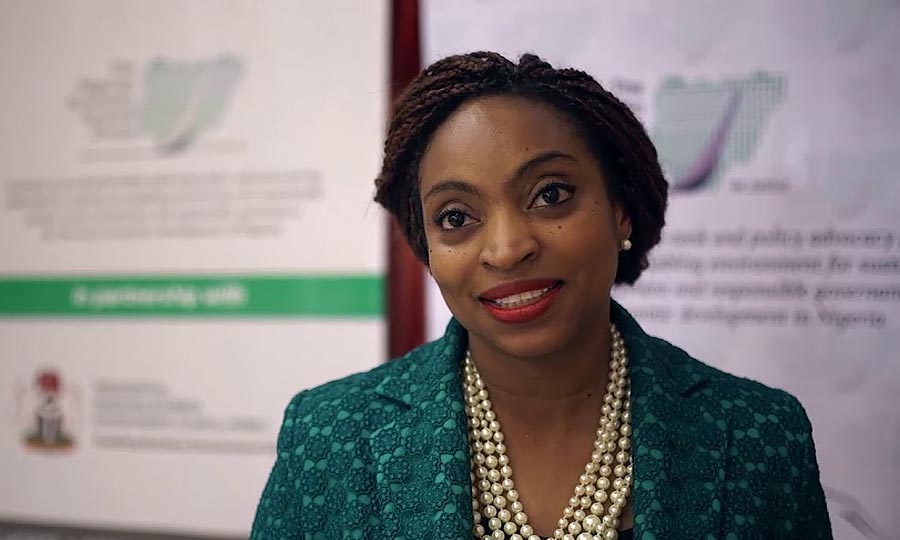News
Trade Minister, Oduwole, says, Africa’s future rests on empowered women, but systemic barriers must fall

Nigeria’s Minister of Industry, Trade and Investment, Jumoke Oduwole, at a stirring session of The Platform on Thursday, delivered a resounding message: Africa’s future will be shaped by its women but only if structural barriers that limit their potential are dismantled.
In a speech that was both inspirational and urgent, Oduwole highlighted the critical role women already play in driving Africa’s informal economy, entrepreneurship, and leadership across various sectors, yet remain boxed out of key opportunities due to persistent inequalities.
“True power is the ability to shape outcomes, to create value, to influence culture, and to leave places better than you found them and across Africa, women are doing just that,” she said.
But, she added, “The business of the future is female. Africa’s future will be driven by women. But we must dismantle the barriers that still stand in their way.”
From open-air markets to corporate boardrooms, Oduwole painted a vivid picture of African women pushing into traditionally male-dominated spaces, not as guests, but as architects of change.
“We are no longer waiting to be invited. We are building the tables. But progress has not been optimised,” she noted.
Read Also: Funke Akindele speaks on struggles, politics, says: ‘I’ll do it again, no regrets’
The Minister underscored the disparity between women’s contributions and the systems that support them. Despite making up nearly 60% of Africa’s self-employed population, women continue to face major hurdles accessing finance, formal markets, and institutional support.
“This must change,” she said. “When policies are not gender-blind but gender-intentional, real change happens. Leadership should not be something women have to prove they are worthy of — it must be something we collectively cultivate, mentor, and support at every level.”
Oduwole cited research showing that women in leadership roles are more likely to champion social investment, equity, and inclusive governance — key pillars for sustainable national development.
“Countries with more inclusive policies grow faster and more equitably,” she explained. “Leadership is not a gendered gift. But the absence of women in leadership is a loss not just for women, but for society.”
Calling for practical reforms and inclusive policymaking, she urged governments and institutions to reimagine economies that actively support women — from Micro, Small and Medium Enterprises (MSMEs) to trade systems and innovation ecosystems.
“Whether we are designing support for MSMEs or reforming trade policies, we must ask: where are the women? This is not just advocacy. This is smart economics.”
Her address ended on a powerful note of pan-African collaboration, as she emphasized the importance of knowledge-sharing and mutual growth.
“What can a Kano investor learn from an incubator in Lusaka? What can a Ugandan policy reformer teach a Senegalese entrepreneur?” she asked. “The time for siloed success is over. Africa must grow together.”
Join the conversation
Support Ripples Nigeria, hold up solutions journalism
Balanced, fearless journalism driven by data comes at huge financial costs.
As a media platform, we hold leadership accountable and will not trade the right to press freedom and free speech for a piece of cake.
If you like what we do, and are ready to uphold solutions journalism, kindly donate to the Ripples Nigeria cause.
Your support would help to ensure that citizens and institutions continue to have free access to credible and reliable information for societal development.






















